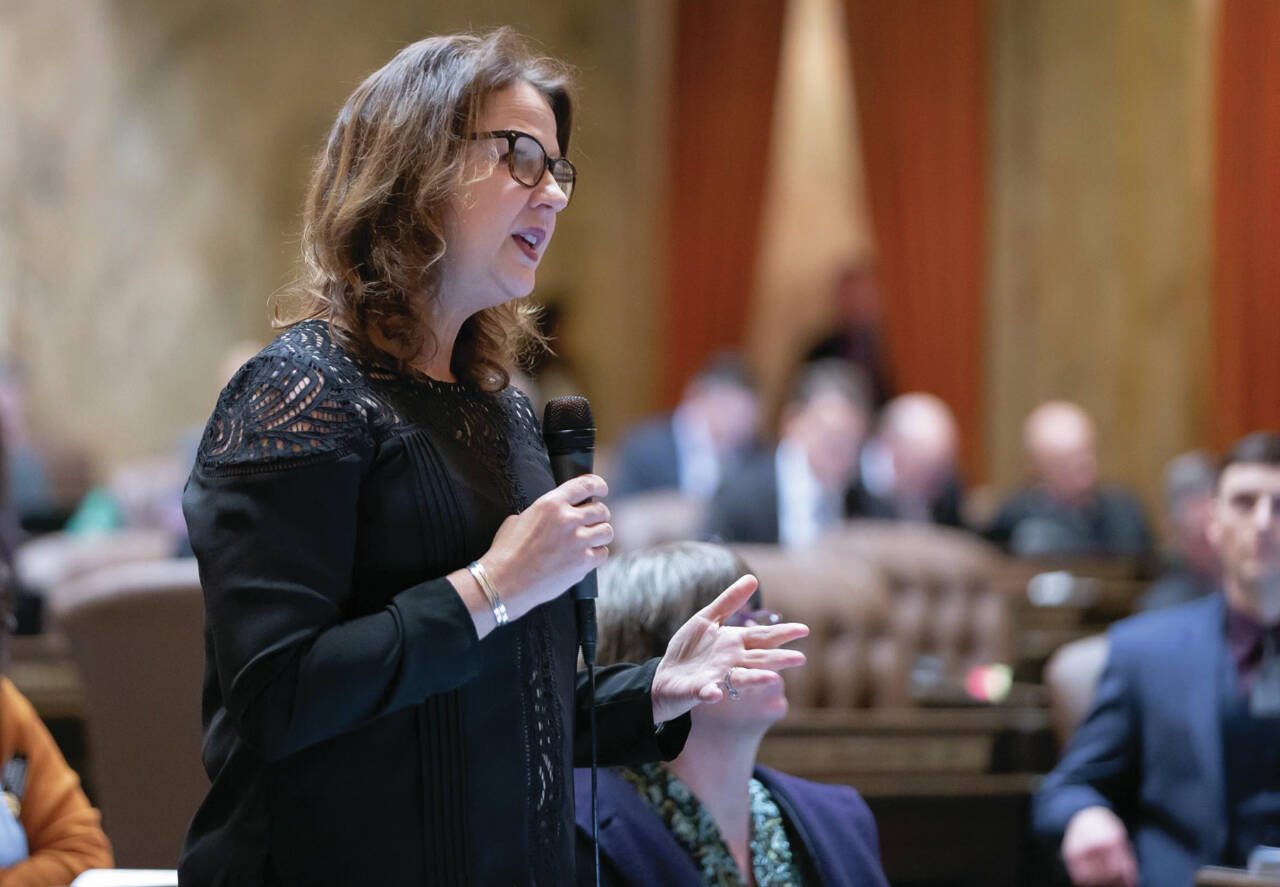By Mary Murphy
Washington State Journal
Undocumented individuals are now a small step away from pursuing careers in nursing, dentistry, architecture, psychology and more under a bill now waiting for the governor’s signature.
Careers such as these monitored by the Department of Licensing were previously denied on the basis of citizenship status. HB1889 allows undocumented individuals to apply for these licenses using their Individual Taxpayer Identification Number, in place of a Social Security Number.
The bill was introduced by Rep. Amy Walen, D-Kirkland, who personally ran into barriers in pursuing a law license in the U.S. after living abroad as a child.
“If someone can pass rigorous standards we have in the state of Washington and show that they are competent to deliver services, why does the state need to know about their federal documentation status?” Walen asked.
Many young undocumented individuals currently studying at universities across the state said they spent years on a college degree, only to be informed too late they did not qualify for the job they studied to obtain.
Maria Barrios, a Yakima resident, moved from Mexico in 2008. She recalled working to support her family for most of her childhood, moving often from city to city.
Barrios graduated from Heritage University with bachelors degrees in biology and psychology, and wished to pursue more school for a career in dentistry, but she was told she could not.
“I am worried about not finding work because my status does not allow it,” Barrios said. “If I could access a professional license, I would be pursuing something that I am actually passionate about.”
The bill gained bipartisan support, notably from Nikki Torres, R-Pasco, a first-generation immigrant.
“I have many family and friends that are DACA (Deferred Action for Childhood Arrivals) or undocumented and they are hard-working people,” Torres said. “Some of them have professional licenses in their country of origin and when they come to the U.S., unfortunately aren’t able to use those professional licenses.
“They are taxpaying people, and they want to contribute back to our society.”
Many lawmakers referenced workforce shortages across Washington state for fields such as nursing, teaching and other professions.
“We are having trouble filling occupations that are crucial to Washington consumers,” Walen said. “Every person is essential, and every person’s contribution is essential.”
Another bill, sponsored by Sen. John Lovick, D-Mill Creek, a former state trooper, allows DACA recipients to enter law enforcement and other civil service positions such as firefighters or corrections officers.
Private investigators, security guards, and bail bond recovery agents are not covered under Walen’s professional license bill.



